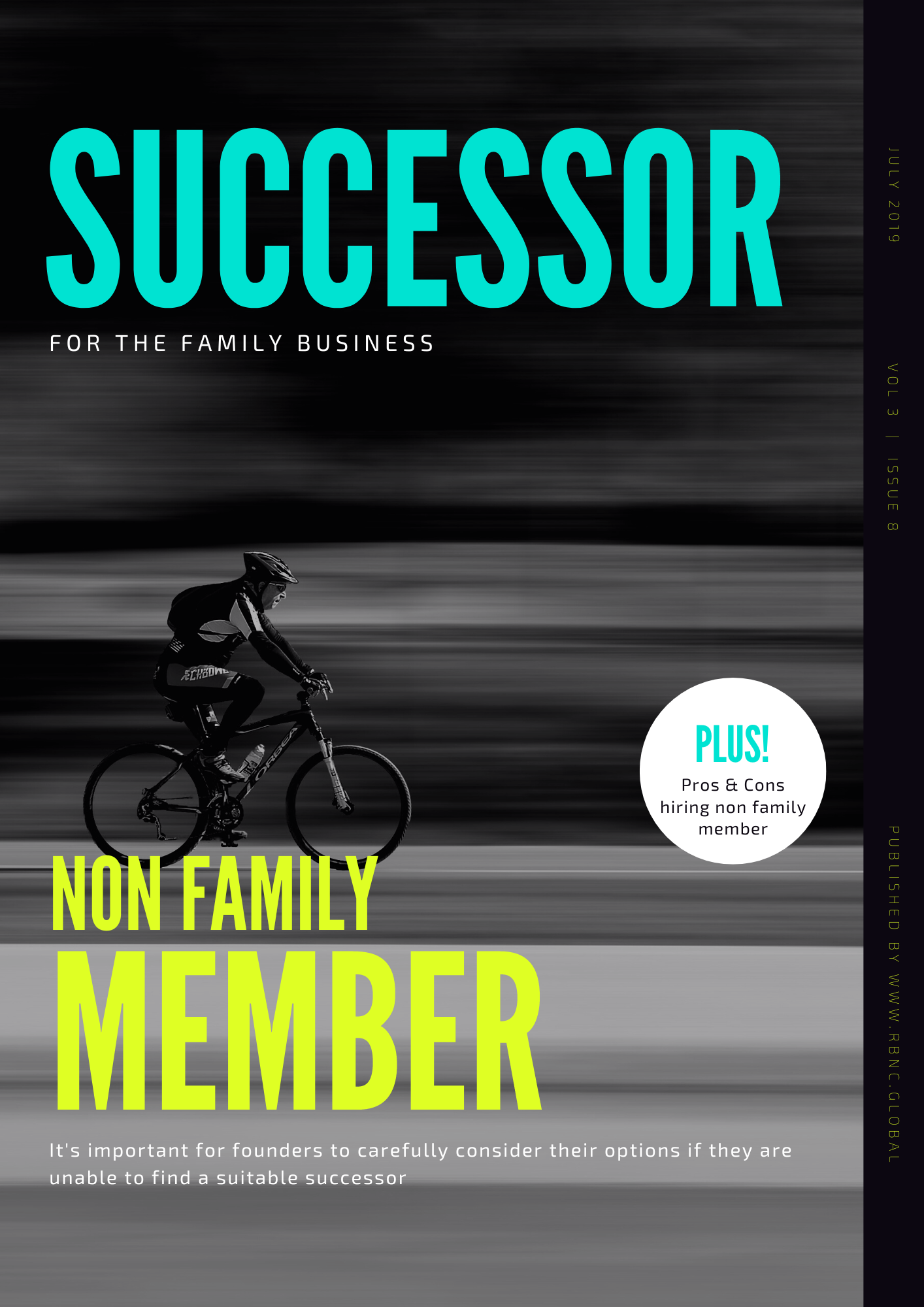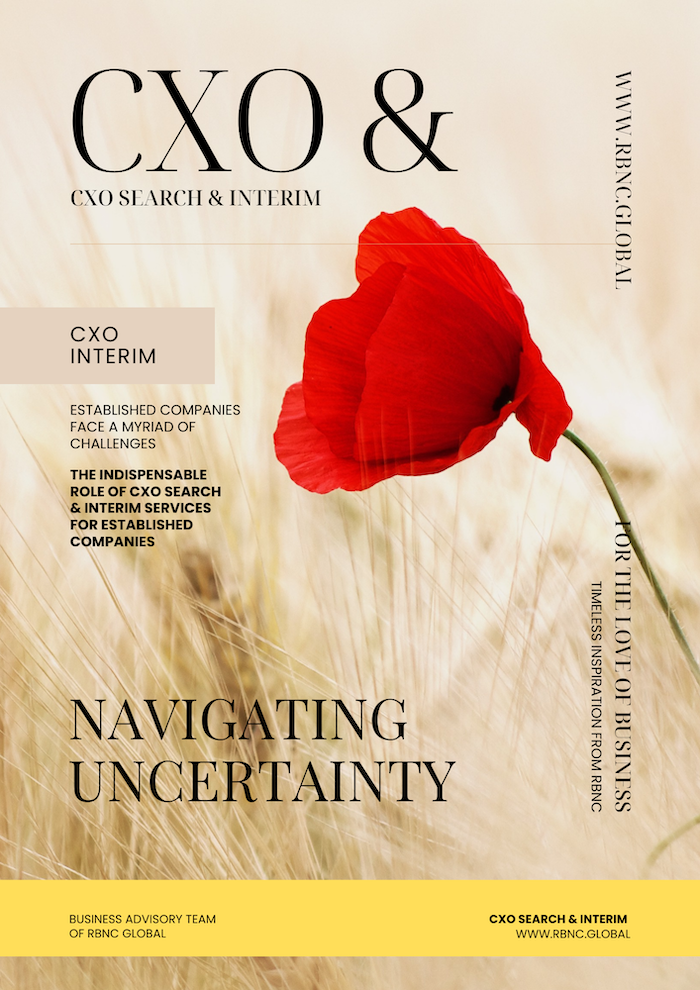Securing the Future - Nurturing Successors in Family Enterprises
Family-owned businesses are the bedrock of many economies, blending tradition with innovation. Yet, their sustained success hinges on a pivotal factor: a seamless transition of leadership to the next generation. This necessitates a meticulous strategy for grooming and training potential successors.
Why is this Crucial?
Imagine a family enterprise without a designated successor. A sudden leadership void can sow confusion, impede progress, and jeopardize the company's existence. Proactively cultivating a successor not only ensures the firm's longevity but also upholds the livelihoods it sustains. It's a means to impart knowledge and perpetuate a legacy.
Getting Started: Identifying the Right Candidate
Not every family member is inherently equipped to assume leadership. Objectivity is paramount. Evaluate potential successors based on:
- Skills and Expertise: Does the candidate possess the requisite business acumen, leadership prowess, and industry insight
- Passion and Drive: Is there a genuine aspiration to propel the company forward?
- Alignment with Core Values: Does the successor comprehend and embody the foundational values underpinning the business's triumphs?
The Development Journey: Fostering the Next Leader
- Commence Early: Initiate the exposure of potential successors to the business from an early stage, allowing them to glean a holistic understanding of its intricacies.
- Craft a Training Regimen: Tailor a curriculum that addresses skill deficiencies and offers exposure across various departments. This may encompass mentorship, project involvement, and formal educational pursuits.
- Cultivate Networks and Relationships: Introduce your successor to key stakeholders – clients, suppliers, and industry peers. This fosters confidence and facilitates a seamless handover.
- Promote Transparent Communication: Foster an environment conducive to candid discussions on challenges, prospects, and the company's trajectory.
While technical adeptness is indispensable, the significance of soft skills cannot be overstated. Effective leadership necessitates:
- Clear and Persuasive Communication: Successors should inspire and galvanize employees while articulating the company's vision with conviction.
- Navigating Familial Dynamics: Family businesses often entail intricate interpersonal dynamics. Successors must adeptly navigate these relationships within a professional milieu.
- Embracing Change and Innovation: Given the perpetual evolution of the business landscape, successors must be primed to embrace change and steer the company toward innovation.
A Family Legacy, a Resilient Future
Investing in the grooming and training of your successor isn't just about ensuring the continuity of your family enterprise; it's about nurturing a legacy poised to endure for generations. Remember, a well-orchestrated succession plan is a win-win for your family, your workforce, and the enduring prosperity of your enterprise.









